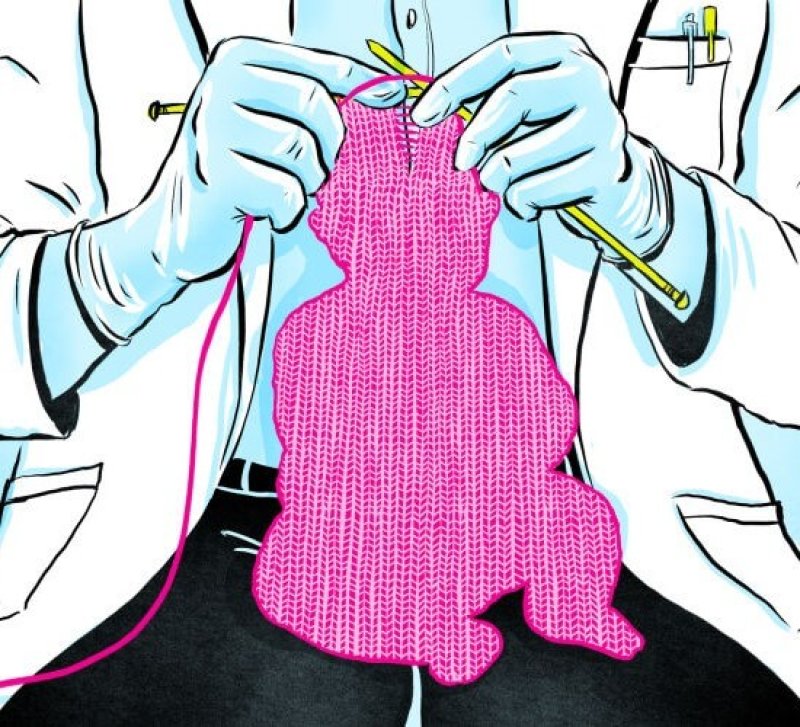We single out the industrial revolutions of the past as major turning points in human history because they marked major ways in which we changed our surroundings to make our lives easier, better, longer, healthier.
…
I’m comparing [bioengineering] to those big turning points because now the technology, instead of being applied to our surroundings…now those technologies are being turned directly on our own biology, on our own bodies and minds.
…
That’s the concern — we’ve given ourselves, or we’re starting now to give ourselves a power that we may not have the wisdom to control very well.
…
[There] are going to be technologies that are hard to resist because they’re going to be so awesome. They’re going to make us live longer, healthier lives, and they’re going to make us feel younger.…
[However,] humans need time to adjust, and I’m not sure we’ll have enough……
[W]e are rushing headlong into a series of choices. Each of us as individuals will have to make decisions about which of these technologies we choose to adopt for ourselves.The GLP aggregated and excerpted this blog/article to reflect the diversity of news, opinion, and analysis. Read full, original post: Genetically engineered humans will arrive sooner than you think. And we’re not ready































